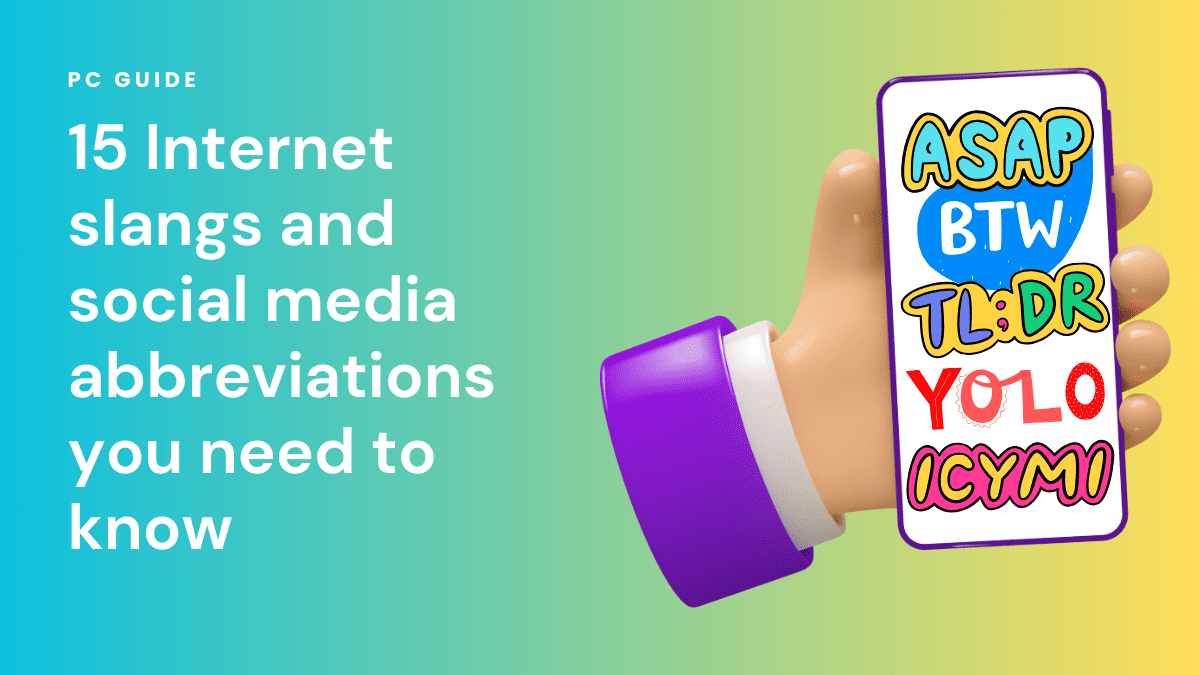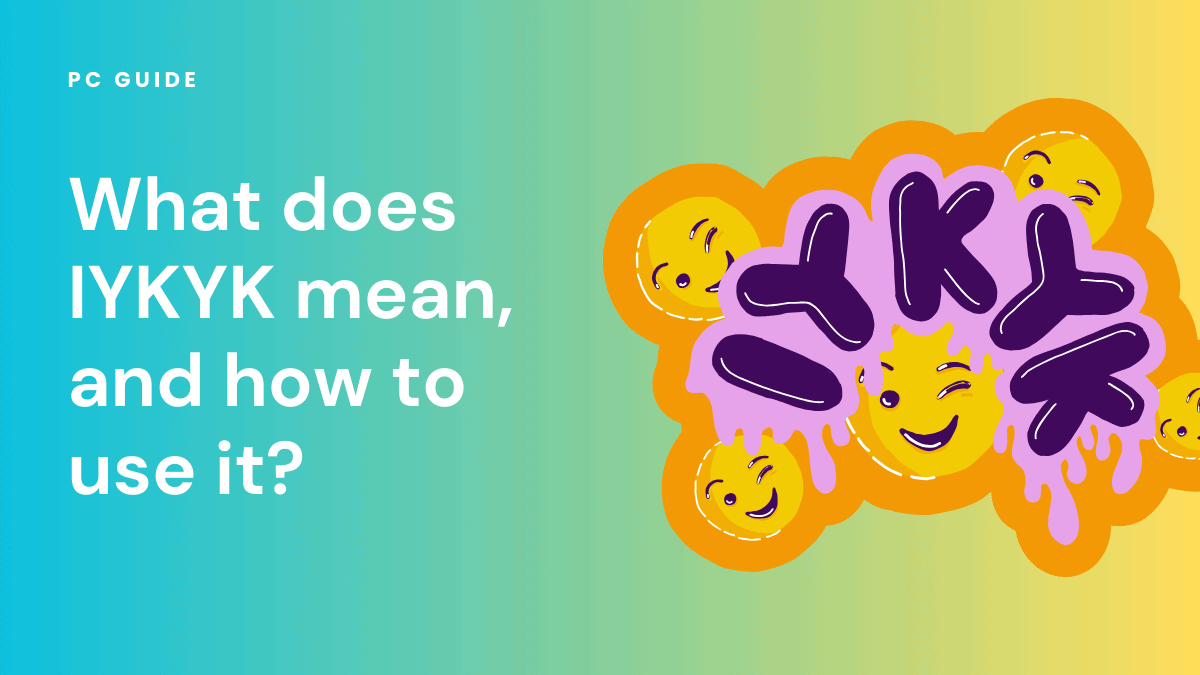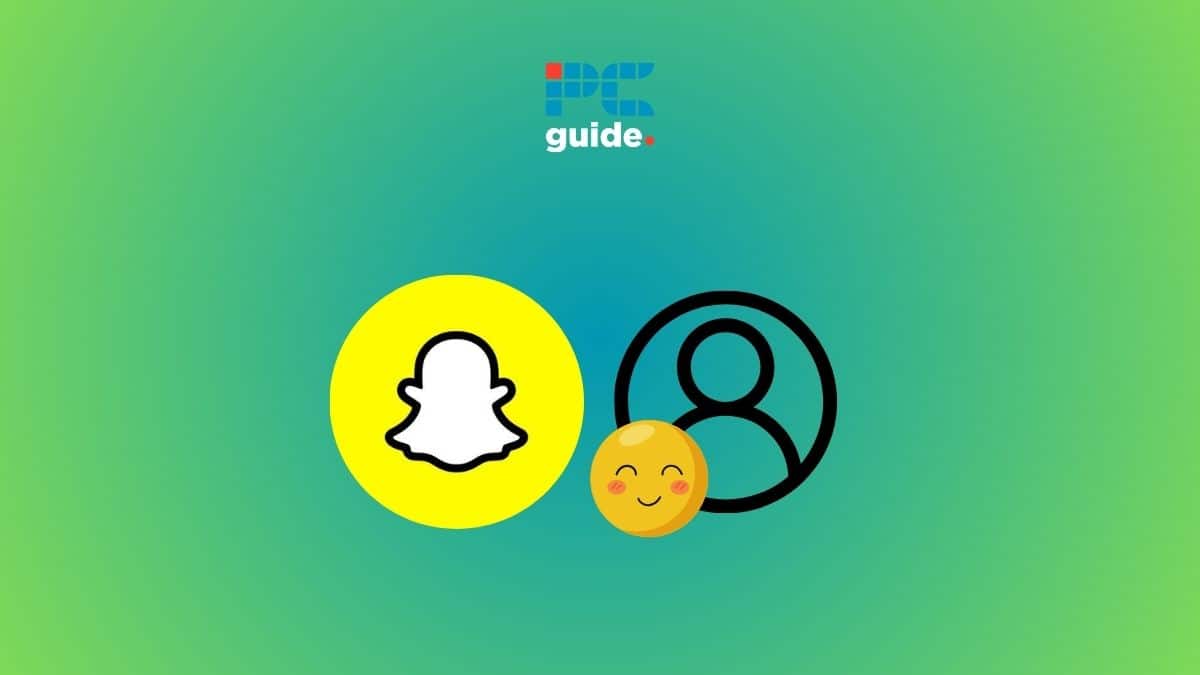15 Internet slangs and social media abbreviations you need to know

Table of Contents
Ever stumbled upon a tweet or a Facebook post filled with acronyms like “WCW” (Woman Crush Wednesday) or “FBF” (Flashback Friday) and felt utterly lost? You’re not alone. In today’s hyper-connected society, social media isn’t just a pastime; it’s a whole new dialect. This unique language, rich in 15 Internet slangs and social media abbreviations, has become an integral part of our digital interactions.
From “BAE” to “PM” (Private Message), these terms are more than just shorthand; they’re cultural markers that give us insight into the evolving ways we communicate, connect, and share.
Why do you need to know these terms?
To truly grasp the essence of what’s being said in your timeline or feed, understanding these abbreviations is crucial. Whether you’re looking to decode the meaning behind “FF” (Follow Friday) or simply want to know what “CX” stands for, this article is your go-to guide.
What are the top 15 internet slangs and social media abbreviations you need to know?
In the following sections, we’ll delve into 15 of the most commonly used internet slang and social media abbreviations, offering not just definitions but also context on how and when to use them.
So the next time you encounter a post filled with “RT” (Retweet) or want to send “Hugs and Kisses” in shorthand, you’ll be fully equipped to join the digital conversation.
ASAP as possible: The urgency amplifier
ASAP, an acronym for “As Soon As Possible,” is one of the most frequently used abbreviations in both real life and the digital world. When combined with “AS POSSIBLE,” it adds an extra layer of urgency to your request. This phrase is often used in a professional setting to discuss project deadlines or in personal conversations to emphasize the need for a quick response. Using “ASAP AS POSSIBLE” ensures clear communication and efficient collaboration.
AWOL: The dual meaning
Originally, a military term, AWOL stands for “Absent Without Official Leave.” In the digital realm, it has two common meanings. The first refers to someone who has left their post without proper authorization.
The second meaning, “Away While Online,” indicates that a person is online but not available for immediate communication. This term is typically used in customer experience scenarios where a service representative might appear online but is not responding to queries.
AMA: The open forum
AMA, short for “Ask Me Anything,” is a popular abbreviation frequently found on platforms like Reddit. It serves as an open forum where individuals can invite questions from others, providing a unique way to share insights, experiences, or expertise on a particular topic.
With the rise of search engine marketing, AMA sessions have also become a popular way to engage with audiences and gather valuable data for Google Analytics.
BTW: The casual connector
BTW, short for “By The Way,” is commonly used to introduce additional information or a related topic in a conversation.
Whether you’re tweeting or texting, BTW, serves as a casual way to add a side note or bring up something relevant without derailing the main discussion.
DM: The private channel
DM, short for “Direct Message,” is a feature commonly found on social media platforms like Twitter and Instagram. It allows users to send private messages to each other, fostering one-on-one communication and enabling more personal interactions.
However, be cautious as DMs can also be a channel for spam or unsolicited messages.
IMO: The subjective stance
IMO, short for “In My Opinion,” is often used to preface a statement that represents the speaker’s personal point of view. It acknowledges that the following statement is subjective and may not be universally agreed upon.
This term is frequently used on platforms where opinions are shared, like Twitter or Facebook.
TL;DR: The quick summary
TL;DR translates to “Too Long, Didn’t Read.” It’s used as a reply to a long block of text or post, indicating that the content was too lengthy for the reader to go through entirely.
It can also precede a short summary that encapsulates the long explanation, making it a useful internet initialism for those short on time.
TBT: The nostalgia trigger
TBT stands for “Throwback Thursday,” a hashtag commonly used on Instagram and Facebook. It’s used when posting nostalgic photos from the past, typically from childhood or teenage years. The hashtag #TBT allows users to take a trip down memory lane and relive fond memories.
YOLO: The risk-taker’s motto
YOLO, an acronym for “You Only Live Once,” encourages living life to the fullest by trying new and exciting experiences. It’s regularly used jokingly before taking a risk and is a popular term among young adults and teenagers.
SMH: The virtual eye-roll
SMH, short for “Shaking My Head,” is used to convey disappointment, disapproval, or exasperation at something ignorant someone else has said or done. This abbreviation is often used in reaction to tweets or social media posts that are considered out of line.
IDK: The digital shrug
IDK stands for “I Don’t Know,” signaling ignorance or a lack of opinion about a question that was posed. It’s a quick and easy way to respond when you don’t have an answer, and it’s typically typed in lowercase for speed.
GOAT: The ultimate accolade
GOAT stands for “Greatest of All Time,” and is used to crown the absolute best individual performer in a certain field. Whether in sports, music, or any other domain, calling someone the GOAT is the ultimate compliment.
FOMO: The social anxiety
FOMO, short for “Fear of Missing Out,” describes the anxiety some people feel when they see social media posts about events they didn’t attend. This term has gained popularity as social media has become more ingrained in our daily lives.
ICYMI: The reshare
ICYMI stands for “In Case You Missed It,” and is usually used when resharing an older post, news story, or meme. It’s a way to bring attention to something that may have been overlooked the first time around.
FTFY: The grammar police
FTFY, short for “Fixed That For You,” is used when someone quotes a misspelled or grammatically incorrect statement and corrects it. It’s a way of fixing the other person’s mistake, often used in a tongue-in-cheek manner.
Wrapping up: Mastering the language of the digital age
In this comprehensive guide, we’ve delved into 15 Internet slangs and social media abbreviations that are essential for navigating today’s fast-paced digital landscape. From “ASAP AS POSSIBLE” to “FTFY,” these terms form the unique language of social media—a realm where keyboard shortcuts and acronyms like “BRB” (Be Right Back) and “GG” (Good Game) reign supreme.
Why it matters
Understanding this digital lexicon is not just about keeping up with the latest trends; it’s about effective communication. Whether you’re sharing your POV (Point of View) or expressing a humble opinion through “IMHO,” these abbreviations help you convey complex thoughts concisely. They also add a layer of nuance to online interactions, allowing for more dynamic and engaging conversations.
Beyond the screen
But remember, this language isn’t confined to your screen. Terms like “IRL” (In Real Life) remind us that the digital and physical worlds are more interconnected than ever. So the next time you find yourself puzzled over an “MCM” (Man Crush Monday) post or wondering what “AFK” (Away From Keyboard) means on a Friday night, you’ll be well-equipped to join the conversation, both online and off.
So go ahead, embrace the share of voice these terms offer and become fluent in the simple syndication of social media language. After all, in a world where every keystroke counts, knowing your internet slang is more than just a good game—it’s a necessity.

